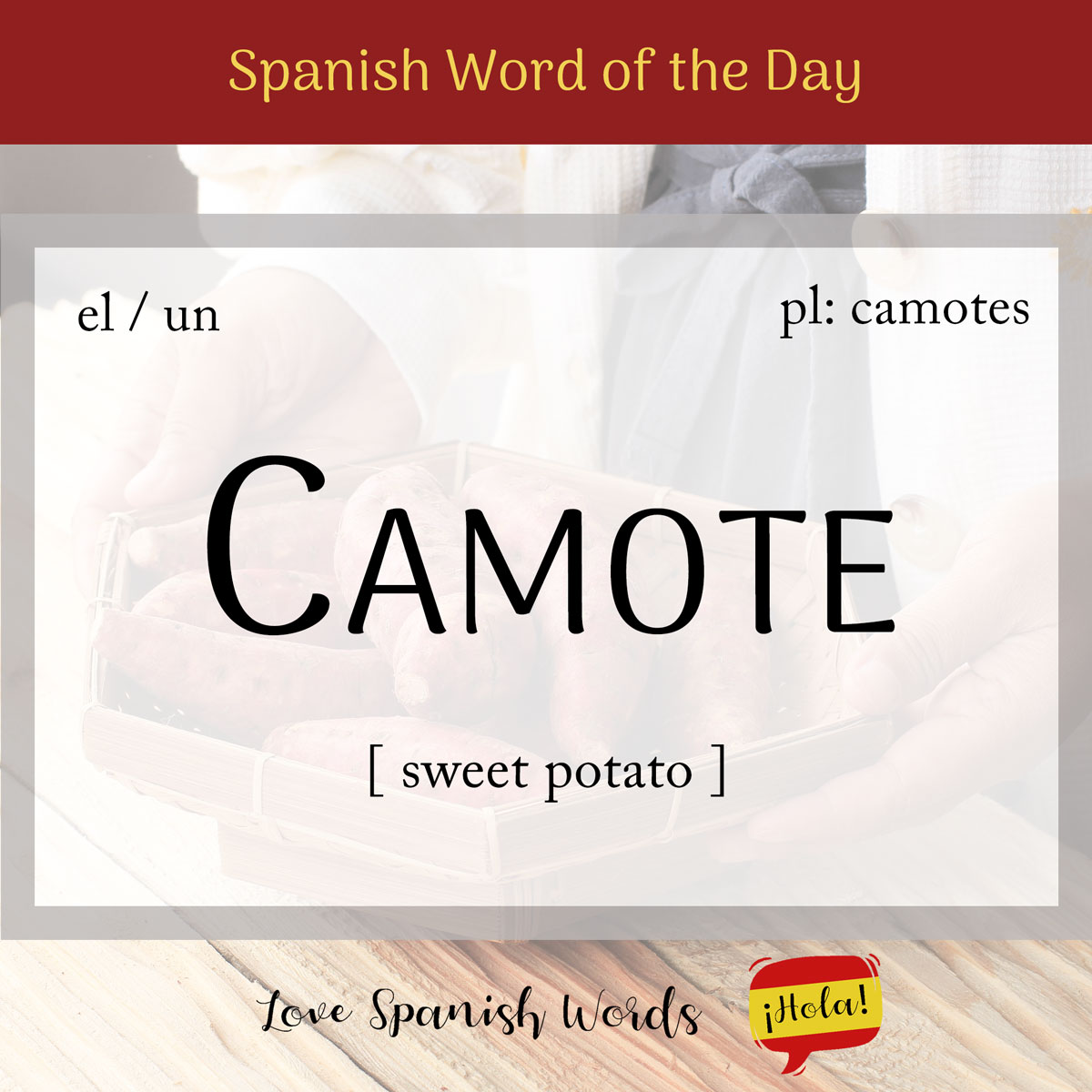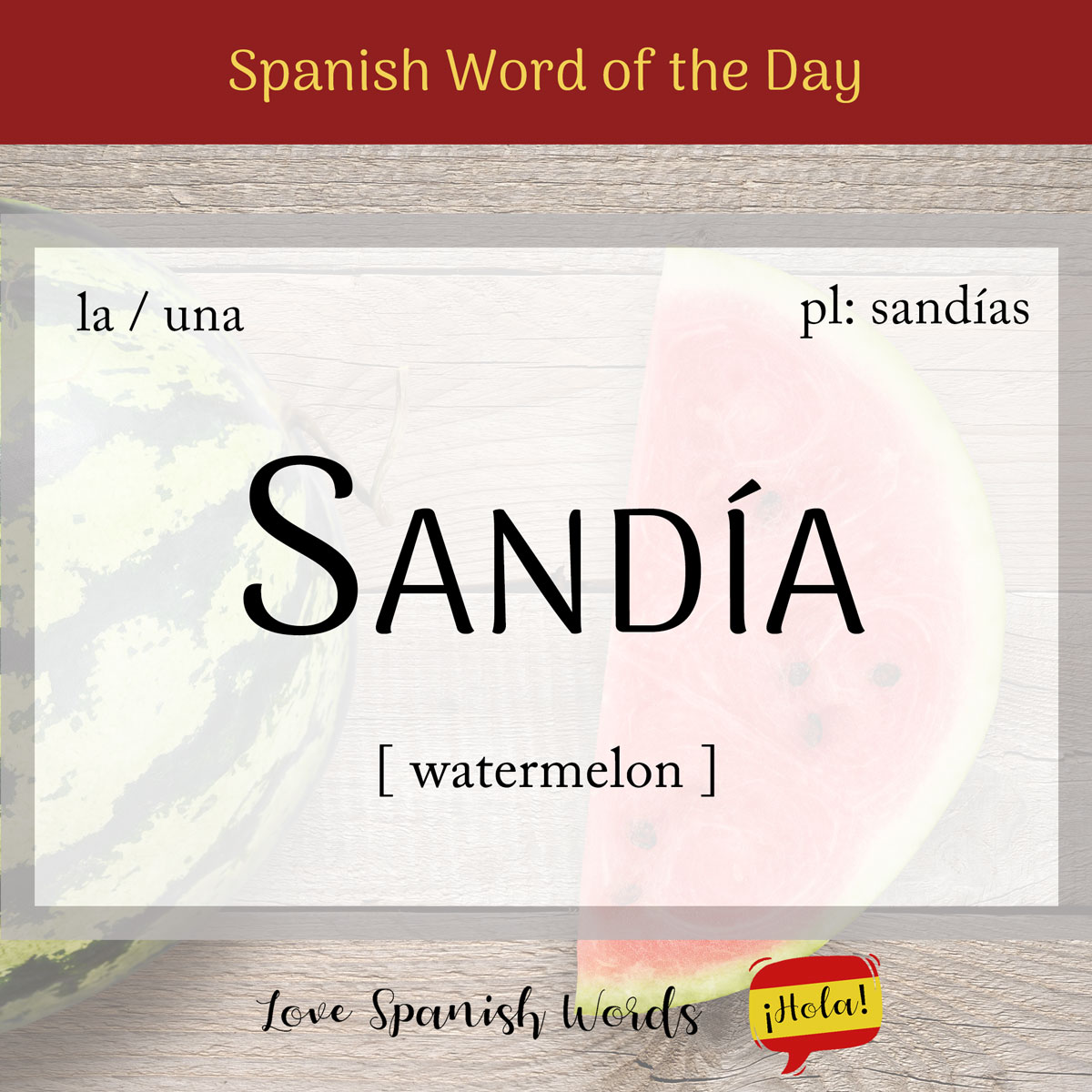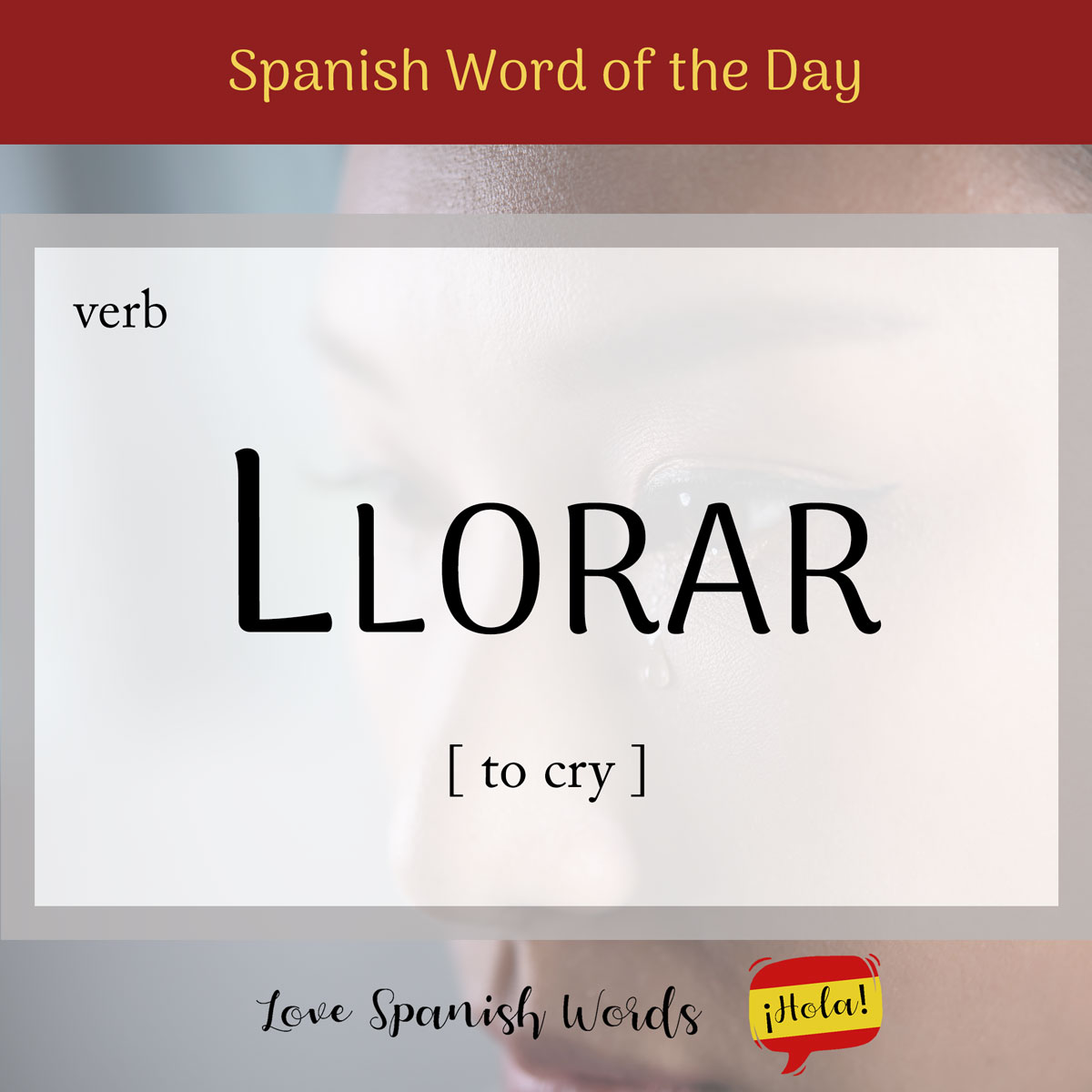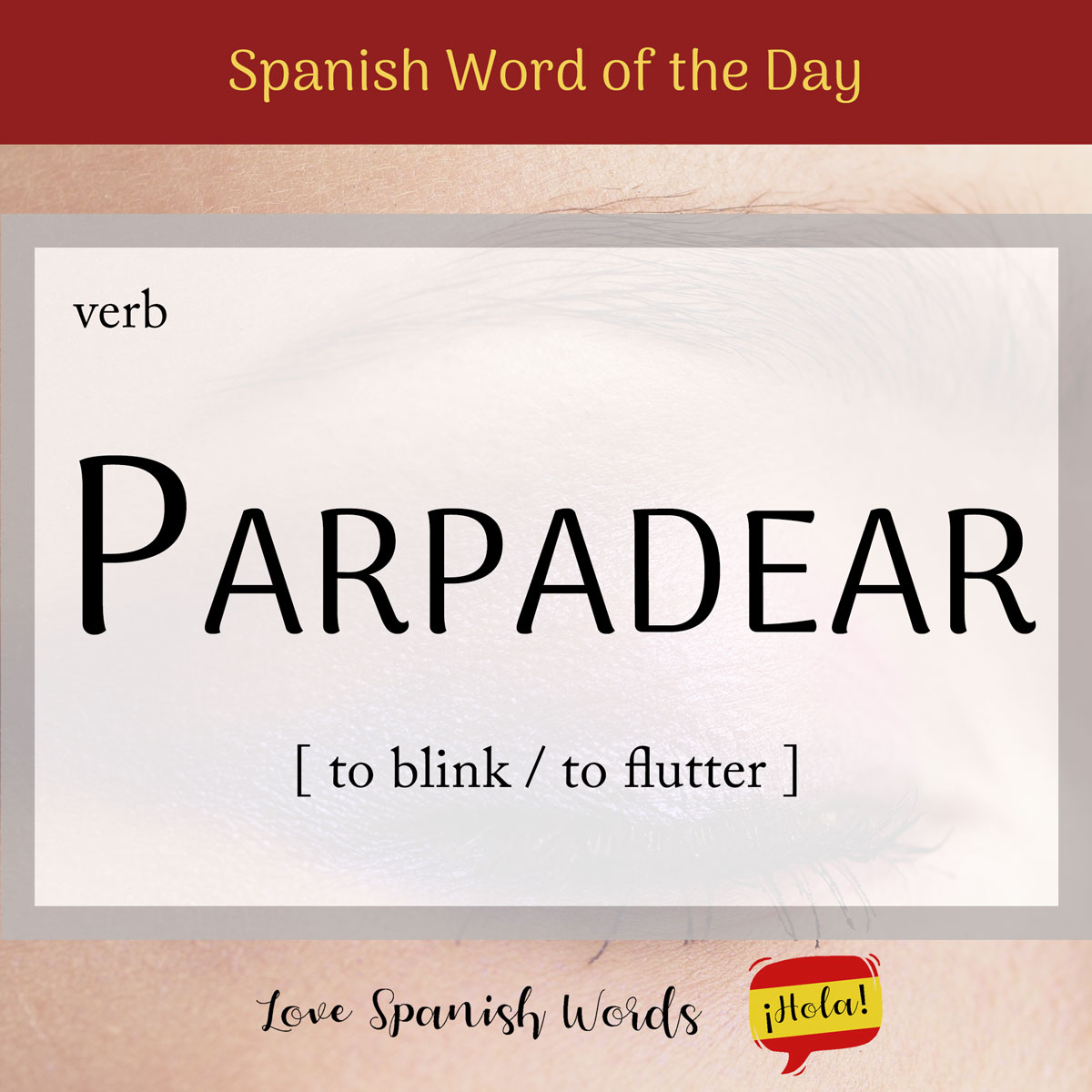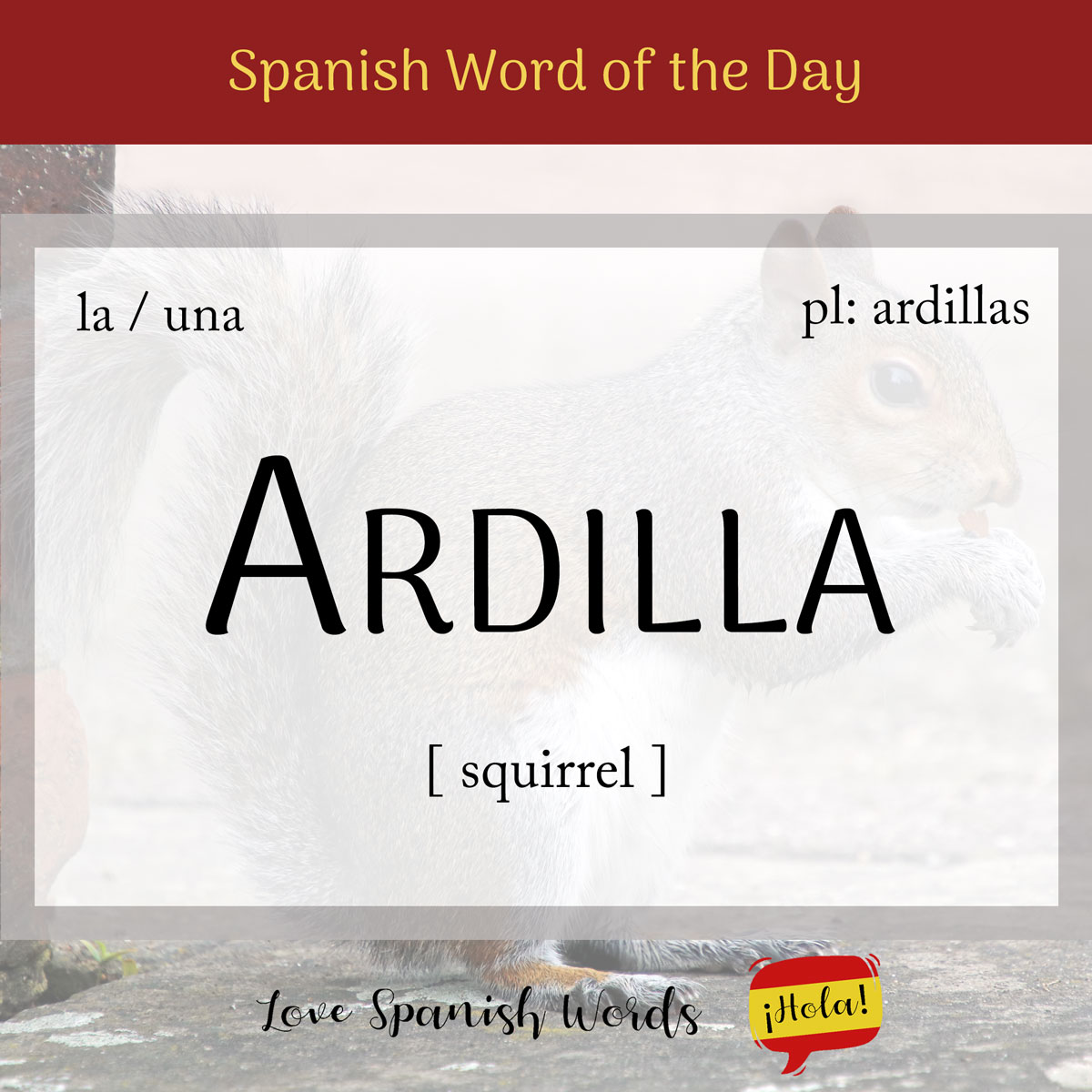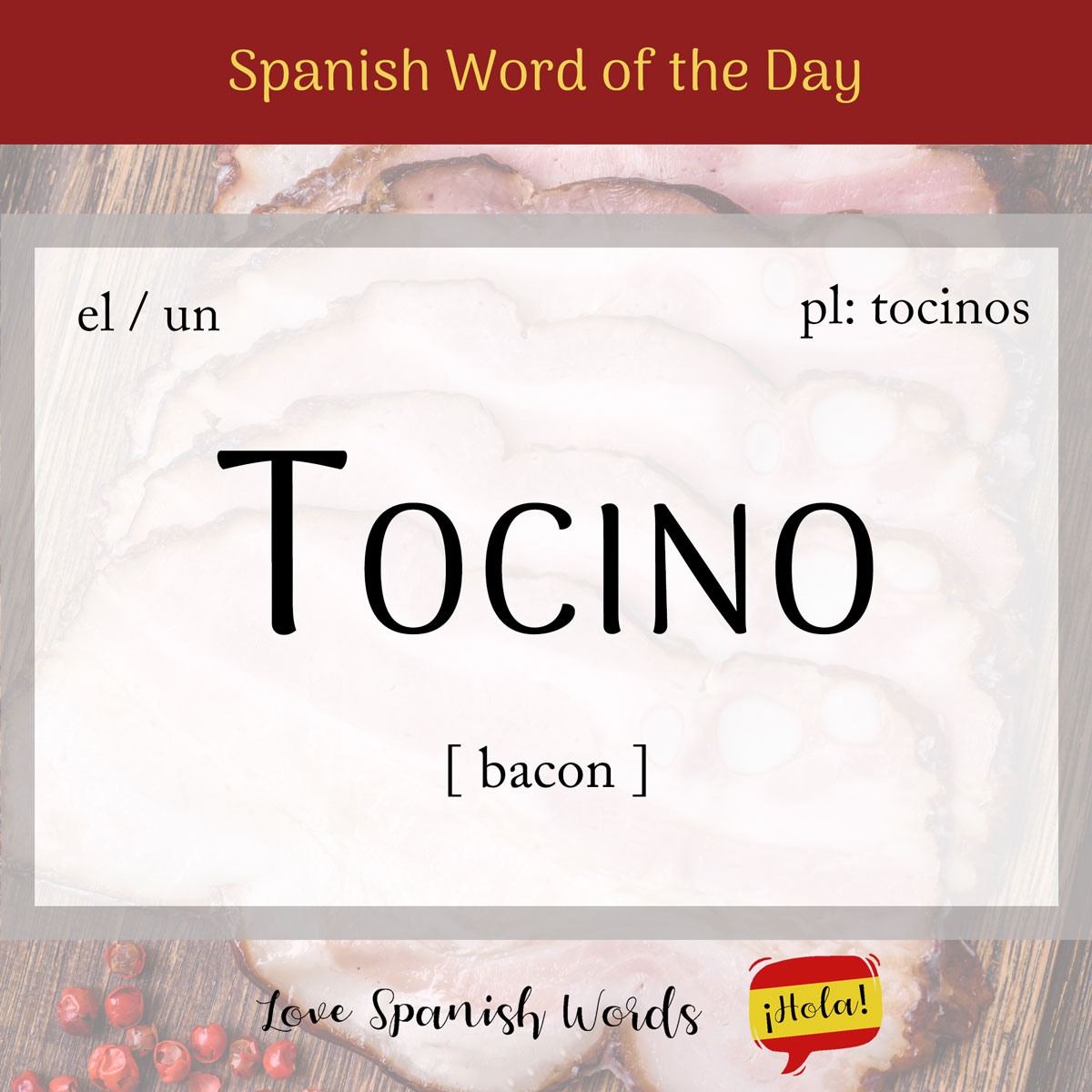Spanish Word of the Day: Camote (sweet potato)
Camote and batata are the Spanish words for sweet potato. In Mexico and Central America, camote is commonly used to refer to sweet potatoes. In other regions, people may use batata or boniato. The Spanish word camote originates from the Nahuatl language, which is a language spoken by the ancient Aztec people in central Mexico. The …

